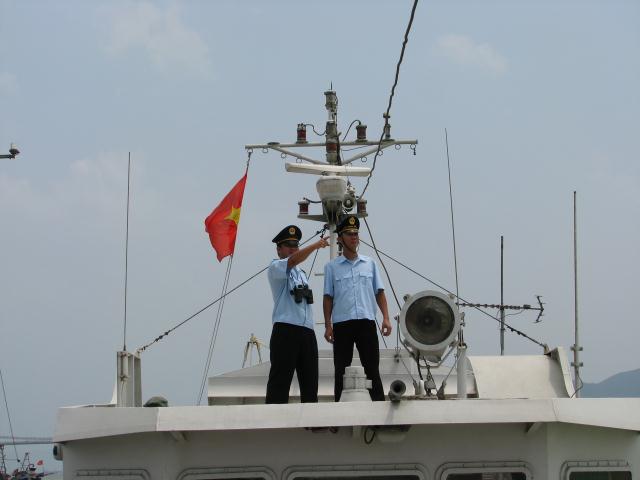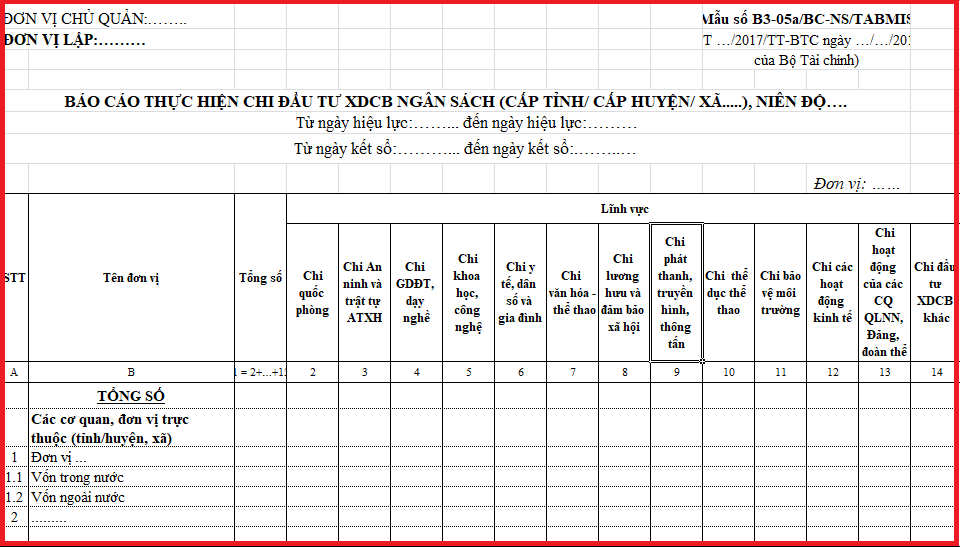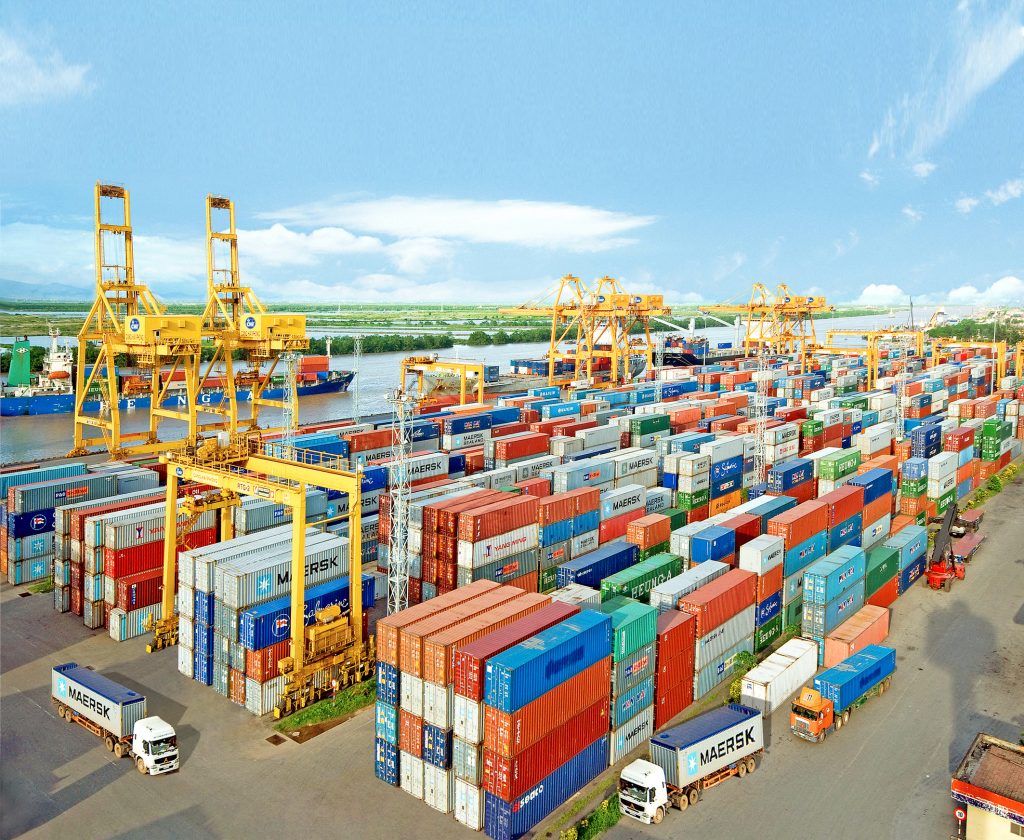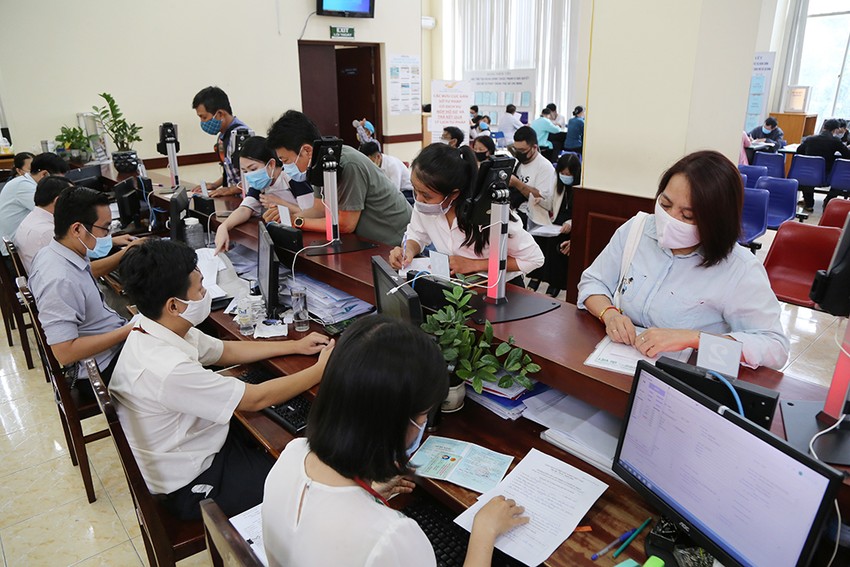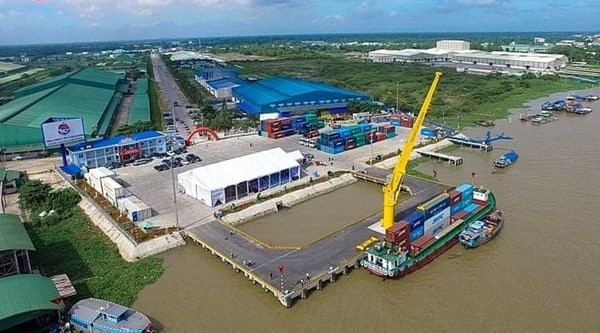Recently, the General Department of Customs of Vietnam issued Official Dispatch 6464/TCHQ-GSQL to Ho Chi Minh City Customs Department, providing opinions and clarifications on issues regarding certificates of origin under the EVFTA.
.png)
EVFTA: General Department of Customs' guidance on certain issues regarding C/O in Vietnam (Illustrative image)
To be specific, in Official Dispatch 6464/TCHQ-GSQL, the General Department of Customs has provided opinions to resolve issues regarding:
1. Certificate of self-declaration of origin for goods when the seller is located in a non-EVFTA member territory in Vietnam
The General Department of Customs requires the Ho Chi Minh City Customs Department to verify and handle the case of the certificate of self-declaration of origin for goods when the seller is located in a non-EVFTA member territory based on guidelines from the following documents:
- Article 24 of Circular 11/2020/TT-BCT issued by the Ministry of Industry and Trade, stipulating the form and information declared on the self-declaration of origin for goods from the European Union, promulgated on June 15, 2020;
- Article 3 of Circular 11/2020/TT-BCT defines the “exporter” as follows:
“Exporter” refers to an individual or organization located in the exporting member country*, exporting goods to another member country and able to prove the origin of the goods. The exporter can be the manufacturer or the person executing the export procedures. The exporter does not necessarily have to be the seller issuing the invoice for the shipment (third-party invoice). The seller is allowed to be located in a non-EVFTA member territory.*
- The verification of the validity of the certificate of origin and the origin of imported goods shall be based on the regulations in Circular 38/2018/TT-BTC (amended and supplemented by Circular 62/2019/TT-BTC) and related documents.
2. Certificate of self-declaration of origin for shipments containing multiple types of goods with origins from various member countries or the declaration of origin on commercial documents including non-EU origin goods in Vietnam
The General Department of Customs has provided opinions on this issue as follows:
- According to the EU Customs notification, for the declaration of the origin of goods as stipulated in the Origin Declaration Template issued in Appendix VII, Circular 11/2020/TT-BCT, EU exporters declare the origin as “EU” or “European Union”. Exporters do not declare the origin according to the name of a European country.
In cases where the customs authorities receive a certificate of origin declaring the origin by the name of a European country, the provincial/municipal Customs Departments are requested to report to the General Department for guidance.
- Article 24 of Circular 11/2020/TT-BCT stipulates that the exporter self-declares the origin on the invoice, delivery note, or other commercial documents with complete information about the goods.
Declaration of commercial documents including non-EU origin goods and EU origin goods will not affect the validity of the self-declaration of origin for EU origin goods provided that the self-declaration for EU origin goods complies with Circular 11/2020/TT-BCT and related documents.
3. Documentation proving that goods do not change origin in Vietnam
The General Department of Customs requires the Ho Chi Minh City Customs Department to follow the provisions in clauses 4 and 5, Article 17 of Circular 11/2020/TT-BCT regarding documentation proving goods do not change origin during transit through non-member countries, specifically:
4. In case of suspicion, the importing country may request the customs declarant to provide evidence of compliance, in any form, including:
a) Transportation documents such as the bill of lading.
b) Practical or specific documentation on labeling or packaging numbering.
c) Documentation related to the goods.
d) Certification of goods not changing origin issued by the authorities of the transit country or the country splitting the shipment or any document proving the goods remain under the control of the customs authorities of the transit country or the country splitting the shipment.
5. The term “in case of suspicion” as stipulated in clause 4 of this Article means that the importing member country has the right to determine when it is necessary to request the importer to provide proof documents as stipulated in clause 4 of this Article but should not frequently request such proof documents.
4. Checking the REX number
Guidance for checking the REX number is as follows:
- To verify the validity of the REX number of the European exporting company, please access the following website: https://ec.europa.eu/taxation_customs/dds2/eos/rex_validation.jsp?
According to the notification from the European Customs, customs authorities may search for information about the exporter (such as company name, address, manufacturer, or trader), list of goods, etc., in cases where the exporter agrees to publish this information online. However, in some instances, such as some German exporters, only the REX number and its validity period are disclosed.
- The validity check of the certificate of self-declaration of origin for goods from the European Union shall be conducted per the guidelines of the Ministry of Industry and Trade in Circular 11/2020/TT-BCT; Circular 38/2018/TT-BTC (amended and supplemented in Circular 62/2019/TT-BTC) of the Ministry of Finance and related guiding documents.
5. Tax treatment for import shipments registered for import customs declarations in Vietnam from August 1, 2020, to before September 18, 2020 (the effective date of Decree 111/2020/ND-CP dated September 18, 2020)
Regarding this issue, the Ho Chi Minh City Customs Department is required to follow the guidelines in Section 3.1 of Official Dispatch 6283/TCHQ-TXNK dated September 24, 2020, on handling overpaid taxes.
Thuy Tram
 Article table of contents
Article table of contents

